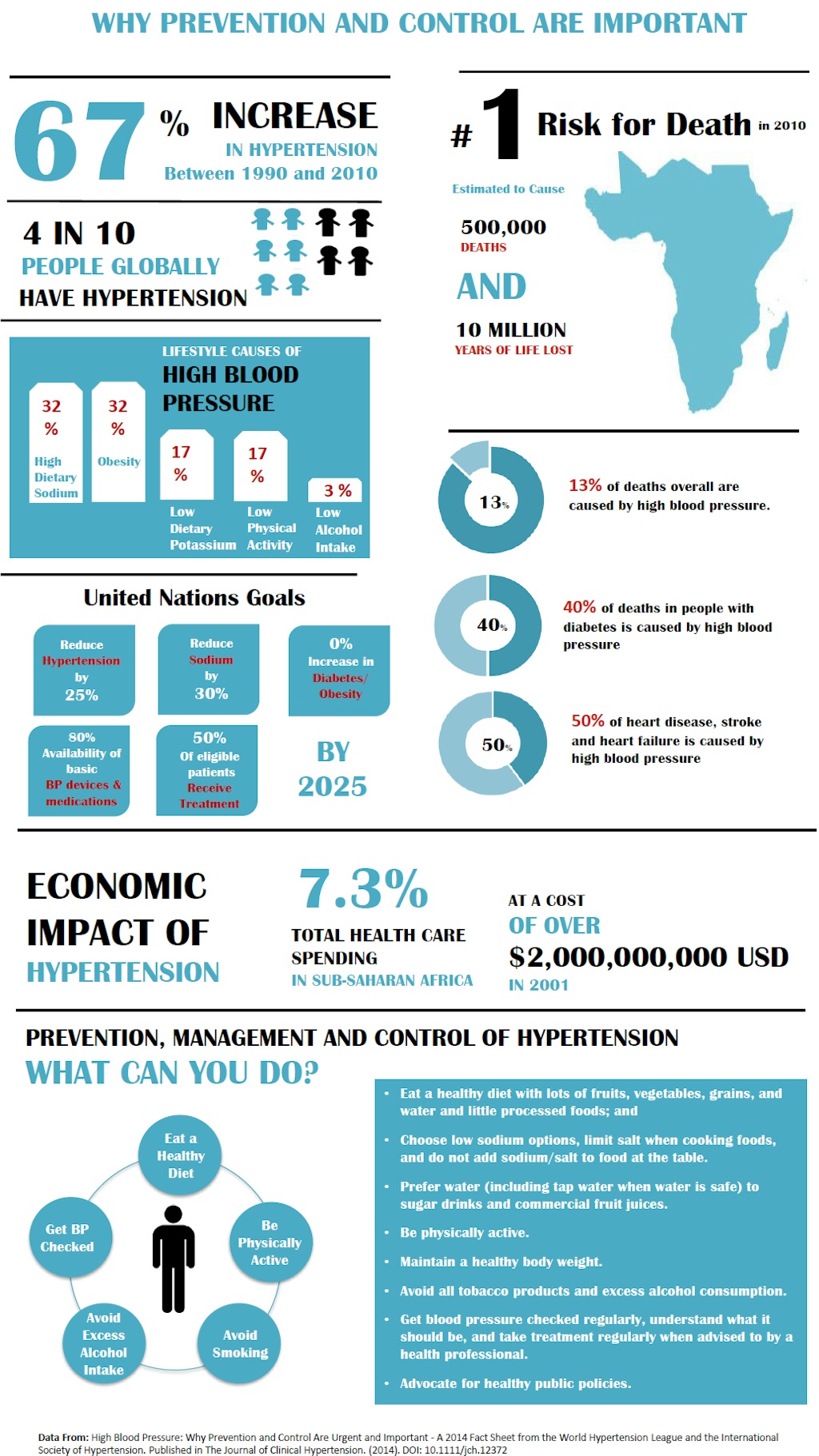High blood pressure, medically known as hypertension, is the major risk factor for heart disease, strokes, kidney disease and even eye disease. When blood pressure exceeds a certain threshold, we call it high blood pressure.
High blood pressure, medically known as hypertension, is the major risk factor for heart disease, strokes, kidney disease and even eye disease. When blood pressure exceeds a certain threshold, we call it high blood pressure.
The only way to find out your blood pressure is to measure it using acceptable measuring devices. Over a period of time the science has advanced, and today blood pressure can be measured at home through self-measurement using home blood-pressure monitors. Unlike many other diseases, hypertension has no symptoms and hence it is called the "silent killer".
Approximately four in 10 adults older than 25 have hypertension. This means that nearly one billion people have hypertension. The unfortunate part is that around 50% of these people are unaware of their condition. Of those who are aware, half do not take any action to control their blood pressure, either through lifestyle modification or medication.
This means 75% of the world's hypertensive population are at risk and are potential candidates for heart disease, strokes, kidney disease or even sudden death.
The good news is that blood pressure is easily measurable without any discomfort. And once you know you have elevated blood pressure, you can do something to prevent and control rising blood pressure, and thus avoid potential risk.
The World Hypertension League recommends that everyone should get their blood pressure checked at least once a year:
- If your blood pressure is below 120/80 (meaning less than 120 mmHg of systolic blood pressure and less than 80 mmHg of diastolic blood pressure) then you have normal, healthy blood pressure. Congratulations – keep it like that and get your blood pressure checked in a year
- If your blood pressure is less than 140/90 but above 120/80, you are at a risk of becoming hypertensive. You need to take some immediate steps to improve your lifestyle, such as quitting smoking if you are a smoker; reducing your body weight to a healthy level; becoming more active; improving your dietary habits to include more vegetables and fruits; reducing salt intake; and cutting down on the amount of fat intake. And you need to meet with a healthcare provider to reassess your blood-pressure status every year
- If your blood pressure is above 140/90, you need to see a healthcare provider to see if you have hypertension and need treatment to help to avoid heart disease and stroke
Republished with permission from the World Hypertension League.
